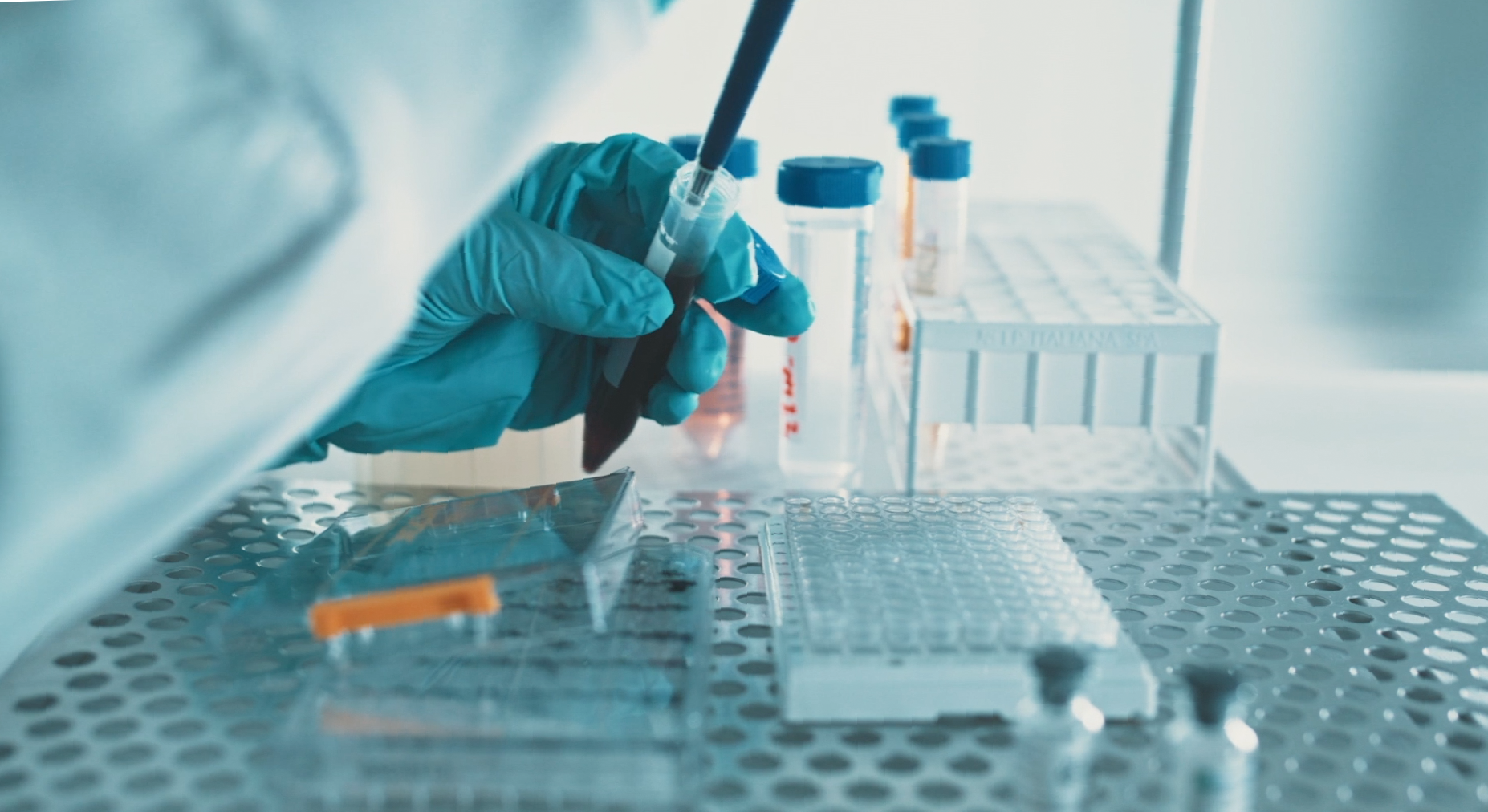It’s important to note that untargeted metabolomics approaches are not limited to these classes and can detect a wide variety of other metabolites as well. The comprehensive analysis of these compound classes through untargeted metabolomics helps researchers uncover the metabolic capabilities of microbial communities, identify biomarkers of microbial activity, and understand the intricate interplay between the microbiome and host health.
Targeted metabolomics
In addition to our untargeted metabolomics services, we provide a set of targeted panels for dedicated analysis of:
- Short Chain Fatty Acids (SCFAs) – Targeted method to quantify fatty acids including: Acetic acid, Formic acid, Propanoic acid, 2-Methylpropanoic acid, Butanoic acid
- Amino Acids and Organic Acids
- Bile Acids
- Human Milk Oligosaccharides (HMOs)
The specific methods used for microbiome-metabolomics depend on the information you intend to uncover from your samples.
Tell us about your project
In microbiome studies, metabolomics data provide crucial information for investigating mechanisms. Contact us today to discuss how metabolomics analysis can complement your metagenomics data and enhance your overall knowledge about the microbiome.
Visit the dedicated MS-Omics website for more information on our metabolomics capabilities.
Combining the power of metabolomics and metagenomics
Read more about our multi-omics solutions for integrating metabolomics data with metagenomics data.
